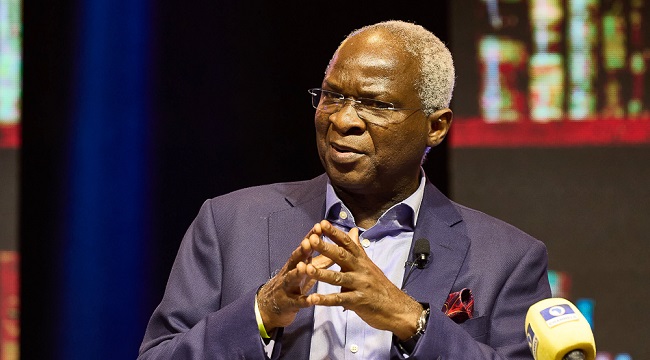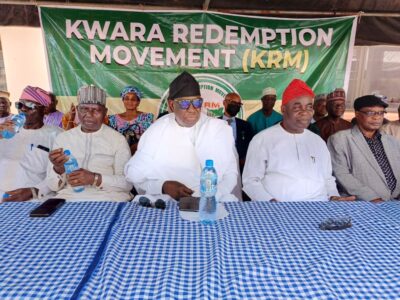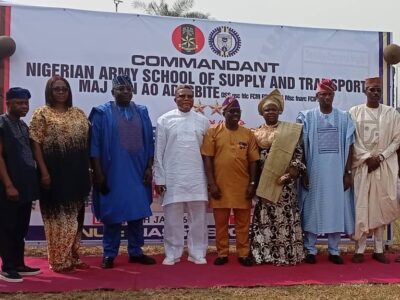Amid the growing call for local government autonomy in Nigeria, a former Lagos State governor, Babatunde Fashola, has said that it would be unrealistic to expect the local governments in Nigeria to function independently under the current Constitution.
Fashola, who spoke on Channels Television’s Sunrise on Saturday, said local councils cannot carry out their responsibilities based on the interference of the state houses of assembly and state governments.
The former minister of power, works, and housing explained that the fact that the state houses of assembly make laws for local governments is an external influence that contradicts the idea of autonomy.
“I think that the debate we must have, debate we must have, is whether we really want autonomous local governments. It’s a debate that must be had. As it stands today, it is unrealistic to expect autonomy for local governments created by the Constitution,” he said.
“They were not meant to be autonomous; that is my view after a very close reading of certain provisions of the Constitution. Some of those provisions provide, for example, that the local government in its economic activities and all of that will have laws made for it by the state House of Assembly.
“If you look at the legal and ordinary meaning of the word, autonomy, it suggests that you are acting independently without any outside influence and authority, and to that extent, a state House of Assembly making laws for what and how a local government can function is in itself an external influence that contradicts the idea of autonomy,” the former governor added.
According to him, land, which is an asset that local governments require to provide infrastructure, is controlled by the state governments.
The Senior Advocate of Nigeria explained, “The next thing, of course, is to look in the Fourth Schedule of the constitution and look at all of the responsibilities that are assigned to local governments, such as the operation of slaughterhouses, abattoirs for animals, cemeteries, building of rules, advertising hoardings, primary schools, primary healthcare centres, all of those responsibilities are dependent on one item, land.
“And to the extent that the state government controls land, which affects how the local governments will carry out these functions, I didn’t think that autonomy was intended. Now, if we decide that we want autonomous local governments, those are some of the things we have to free up if that is our decision.
“So we must have an agreement, but as it stands, I don’t think that autonomy was intended. What I think was intended was some sort of collaboration, some sort of supervision, some sort of an oversight of the state over the local government, and that is inherent in what you will find in Section 162, which deals with the state’s joint local government account.”
Why States Supervise LGs
Fashola further argued that the cases of many local governments defaulting in the payment of salaries and pensions of primary healthcare workers, primary school teachers, at the return of democracy in 1999, partly gave rise to a joint account between the states and the councils.
“And there’s history behind the enactment of that section because up till 1999, the local governments used to collect their money directly from the Federation account under a process that I think was known as JAAC, Joint Accounts and allocation or something,” he said.
“But in the advent of the democratic era, it was found out that there were so many of them, or not a few of them, who had defaulted in the very basic obligation of paying staff salaries, primary healthcare workers, primary school teachers, salaries and pensions, and there was a backlog of debt, and I met some of that debt when I became Governor and we were working there.
“And I think that is partly the history behind the creation of the state joint local government account to ensure that there was some supervision. Whether the supervisors have now become as culpable as those they were supervising is another narrative entirely,” he added.
On the Supreme Court’s ruling on LG autonomy, the SAN said, though no patriot would say that all was well with the state of local governments in Nigeria, legal practitioners had mixed opinions as to whether the Supreme Court judgment on LG autonomy could stand the constitutional scrutiny.
He, however, said that the conduct of council elections was a good step towards making local governments independent.
In July 2024, the apex court barred governors from dissolving democratically elected local government councils and granted financial autonomy to local governments in Nigeria. (Channels)










Comments